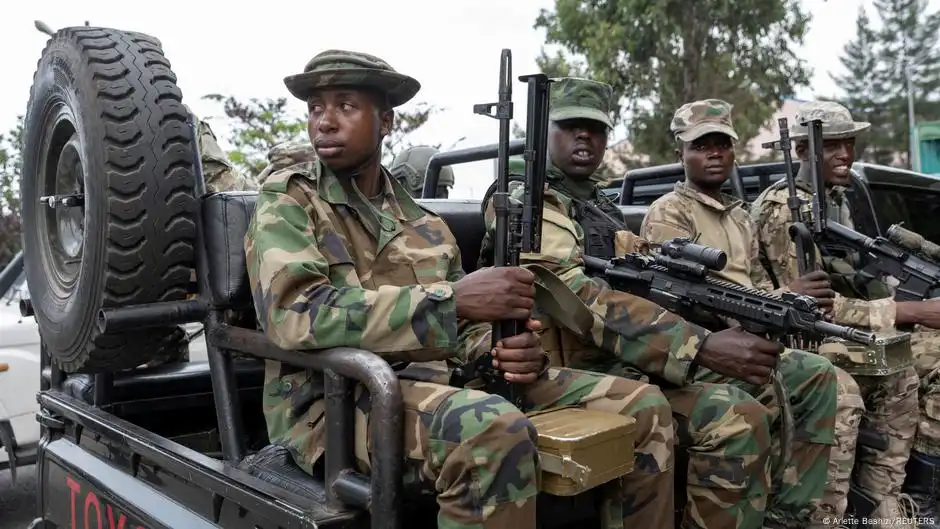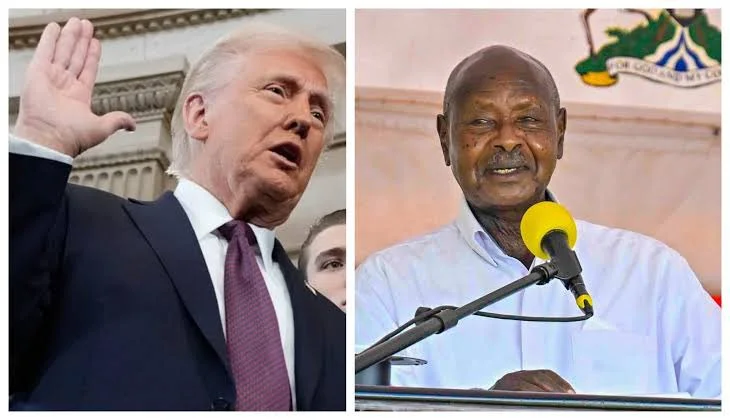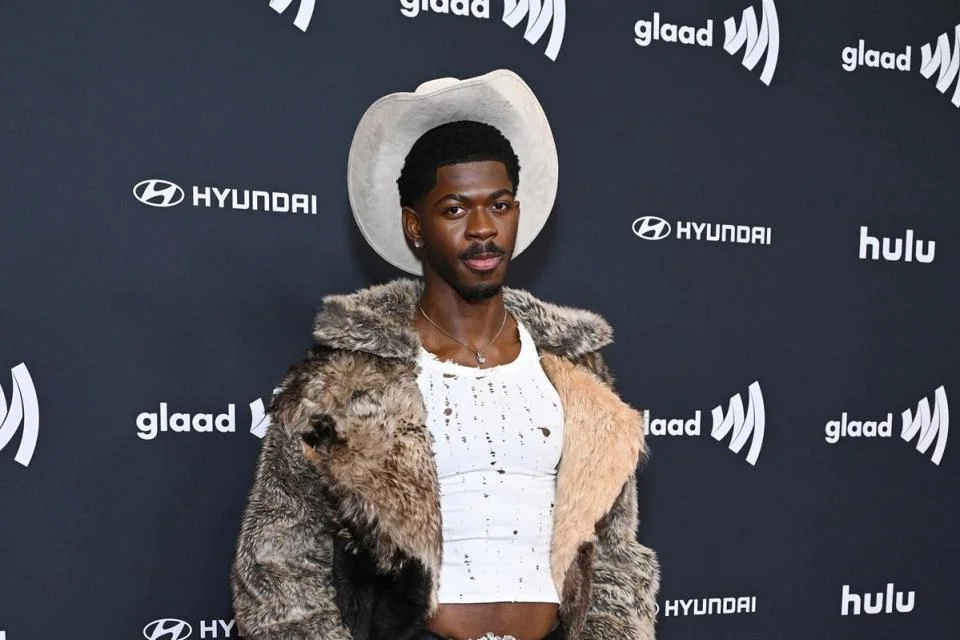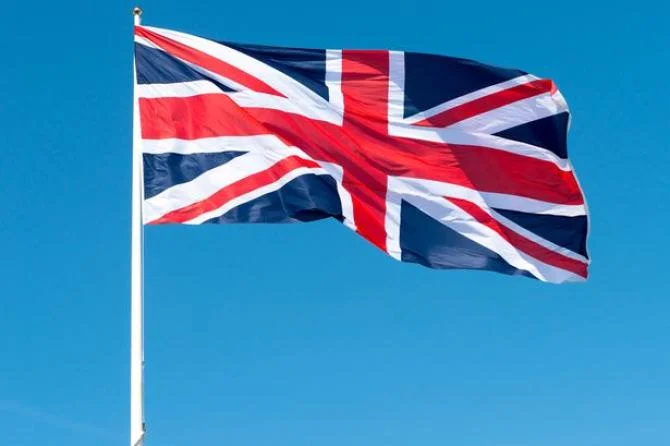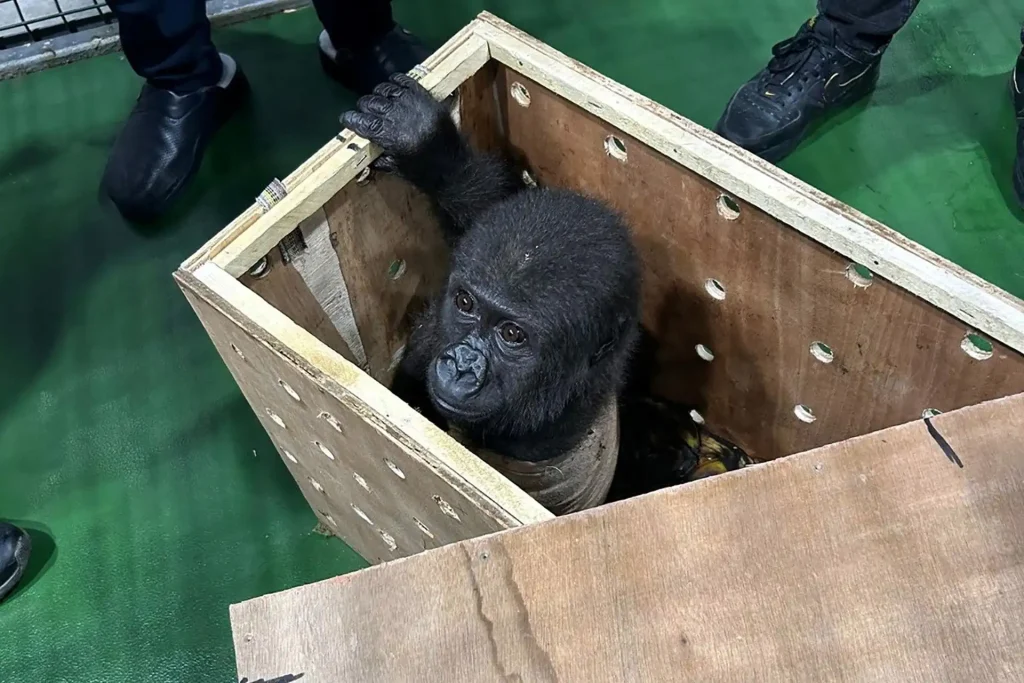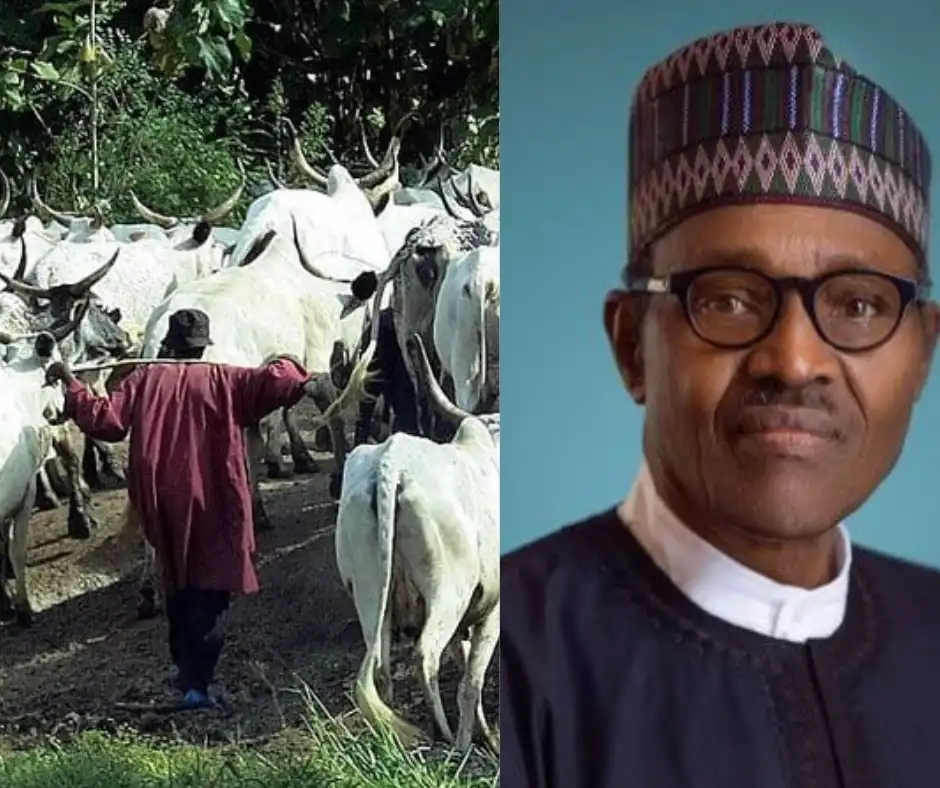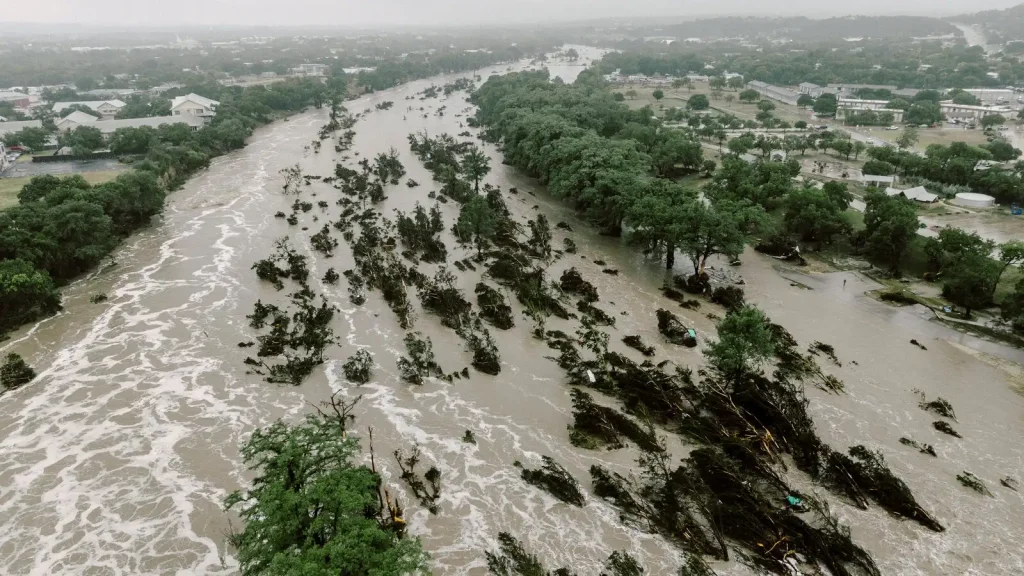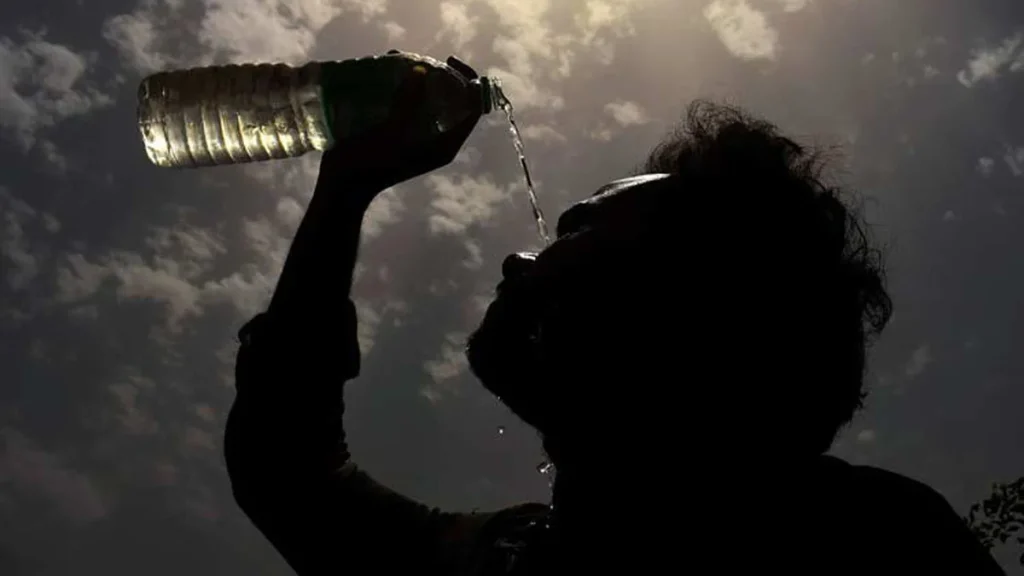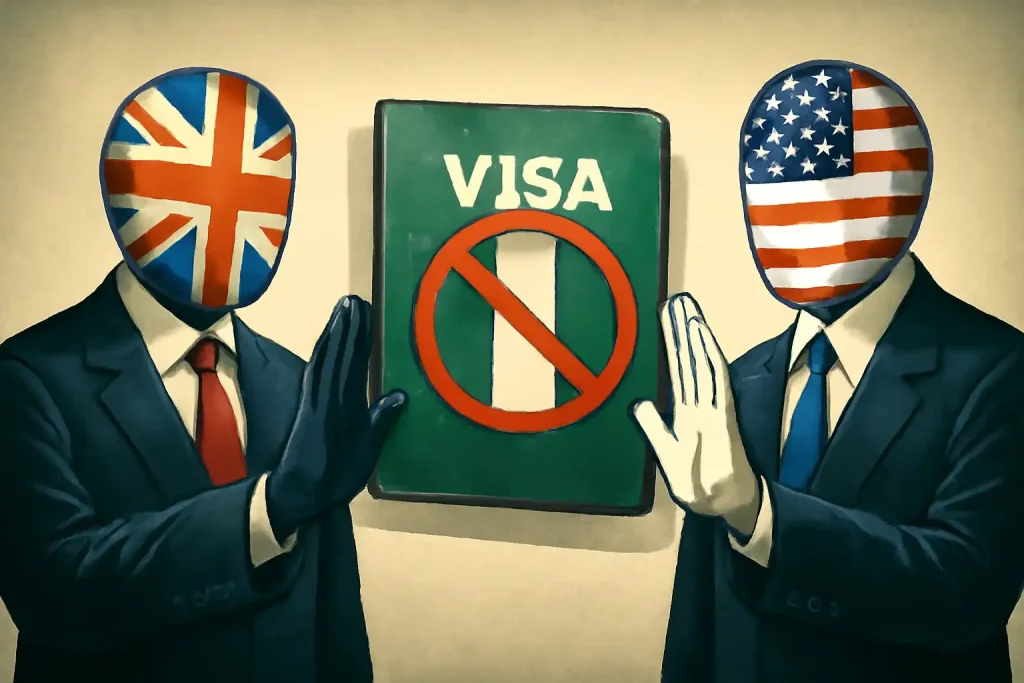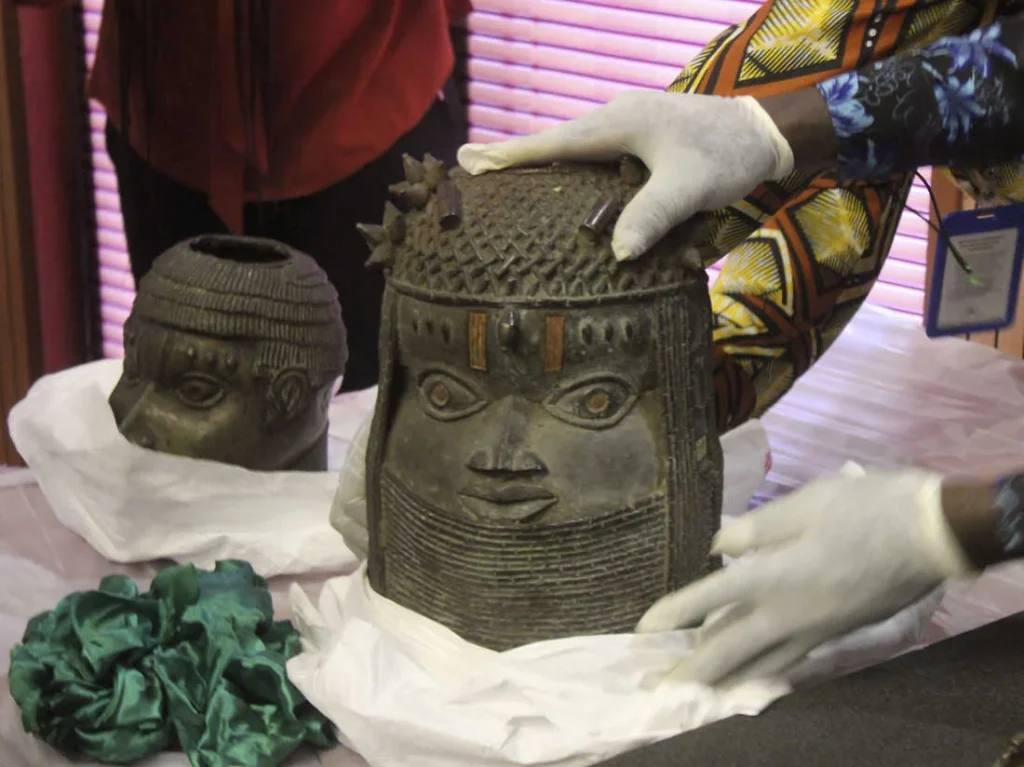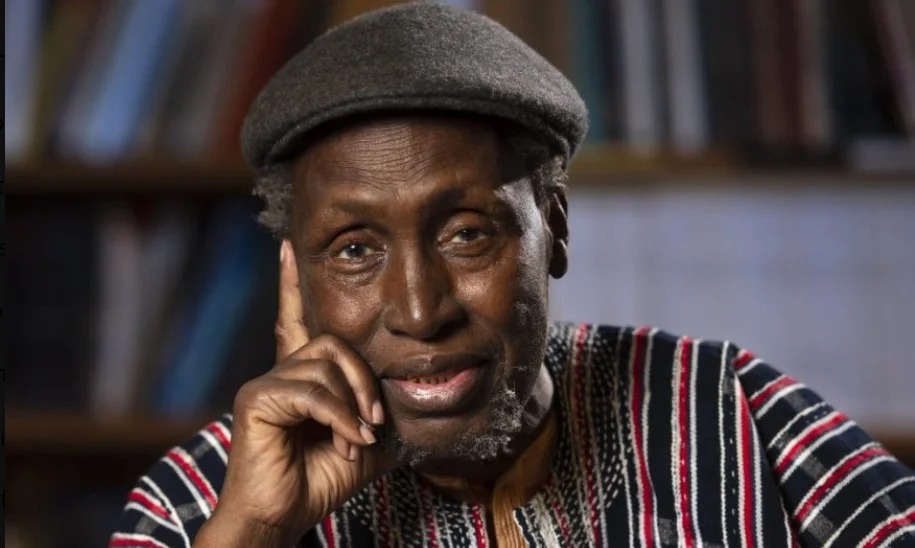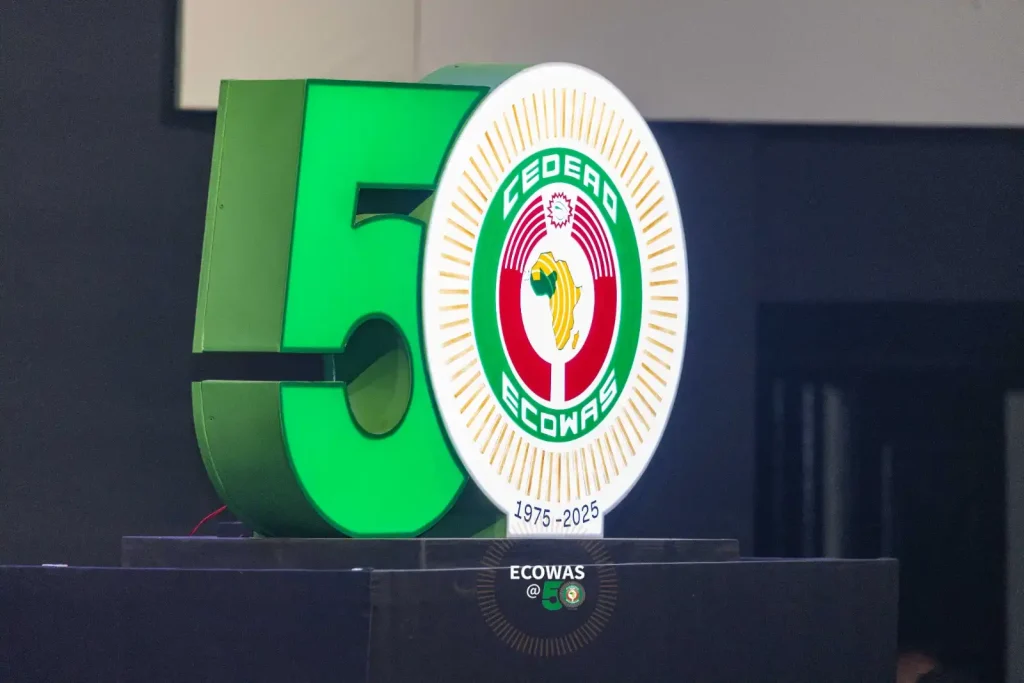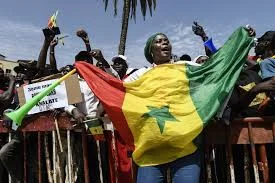 In 2021, Senegal found itself in a turbulent political climate marked by widespread protests, civil unrest, and growing discontent with President Macky Sall’s government. The unrest was driven by accusations of corruption, economic challenges, and the controversial legal battles faced by opposition leaders, culminating in widespread calls for reform.
In 2021, Senegal found itself in a turbulent political climate marked by widespread protests, civil unrest, and growing discontent with President Macky Sall’s government. The unrest was driven by accusations of corruption, economic challenges, and the controversial legal battles faced by opposition leaders, culminating in widespread calls for reform.
Tensions reached a boiling point in March 2021, when Ousmane Sonko, a prominent opposition leader, was arrested on charges of rape and threats. Sonko, a vocal critic of President Sall, dismissed the accusations as politically motivated, and his supporters echoed this sentiment. His arrest ignited nationwide protests, particularly in Dakar, as thousands took to the streets demanding his release and expressing frustration with the government’s handling of dissent.
The protests escalated into violent clashes between demonstrators and security forces. Law enforcement deployed tear gas and rubber bullets in an attempt to quell the unrest, resulting in injuries and fatalities. Protesters voiced their outrage over widespread unemployment, rising inflation, and perceived corruption within the government, reflecting deeper societal grievances.
In response to the chaos, President Sall imposed curfews and increased security presence across Senegal to restore order. He condemned the violence and called for dialogue as a way forward. However, the unrest persisted throughout the year, with intermittent protests showing the public’s dissatisfaction with the political status quo.
Civil society organizations and political analysts urged the Senegalese government to address systemic issues, such as electoral reforms and social justice. They emphasized the need for a more inclusive political environment, advocating for open dialogue between the government, opposition parties, and civil society.
The international community, including the United Nations and human rights groups, expressed concern over the escalating unrest in Senegal, a country traditionally seen as a beacon of democracy in West Africa. These organizations called for restraint and demanded that the government respect citizens’ rights to peaceful assembly and expression. Additionally, they pushed for an independent investigation into the violence that erupted during the protests.
Senegal’s political turmoil in 2021 underscored the fragility of its democratic institutions. The events of the year highlighted the need for comprehensive reforms to address the socioeconomic and political challenges fueling unrest. As Senegal looked toward its future elections, the lessons from 2021 served as a stark reminder of the work needed to secure long-term stability and preserve democratic governance.

